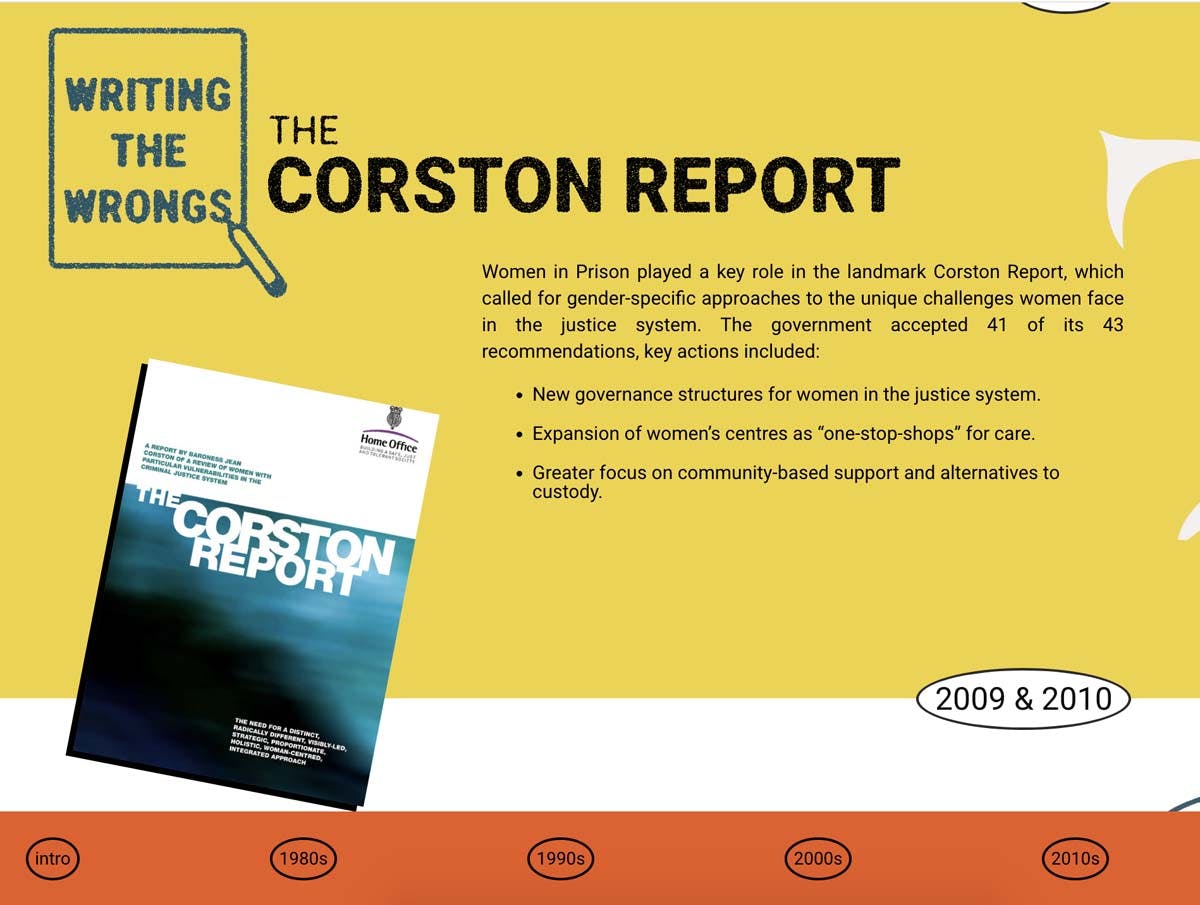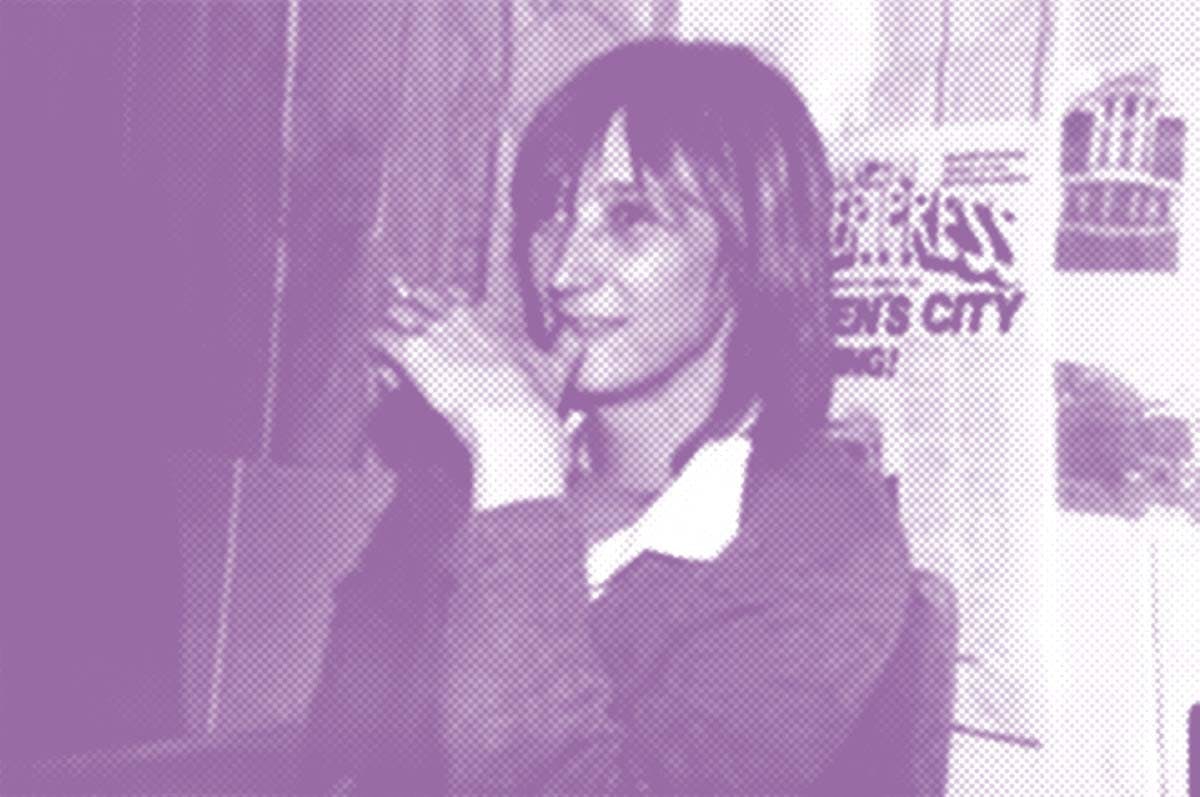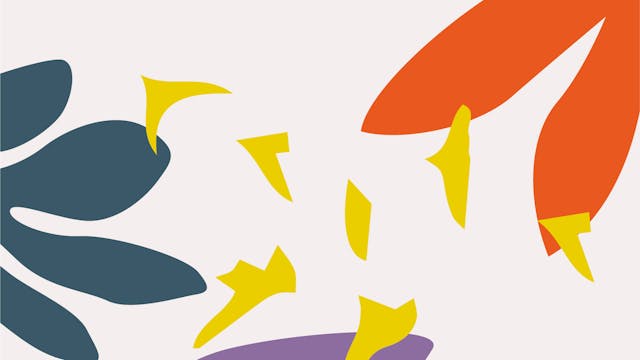Women in Prison
May 2025
What 40 years of feminist resistance can teach us.
After seeing firsthand the neglect, violence and mental health crises behind the prison gates, Chris Tchaikovsky co-founded Women in Prison in 1983 to push back against a system that punishes the most marginalised women in society. What started as a campaign to expose injustice has become a movement for radical change.
This year, Women in Prison turned 40 and we had the honour of helping mark that milestone by creating a digital timeline that charts four decades of resistance, support and systemic advocacy. But timelines can be tricky. They can become long lists of dates and facts, detached from the people and principles that brought them to life.
We worked alongside Women in Prison to craft something deeper: a living, breathing archive. A space that captures what happened, and what it felt like to make it happen. A digital journey built on the stories of women impacted by the system, and the women who refused to stay silent about it. Data, yes, but also dignity, defiance, and care.

Crafting the story of a movement
We developed a digital platform that could carry the weight and nuance of their legacy while making it accessible to new audiences. That meant sifting through decades of material, surfacing moments of resistance and change, and crafting a visual journey rooted in the values of the organisation: care, courage, and collective power.
We built flexibility into the project. Individual assets can now be used beyond the microsite as standalone pieces for social media, campaign events, and future projects. For a legacy to be powerful, it has to stay alive!
An archive with a future
The timeline now sits at the heart of Women in Prison’s strategy for reflection and growth. It’s already being used to onboard new staff, support research, and introduce people to the organisation’s roots and mission. And early feedback from the team tells us something important: this went beyond the celebration of a milestone. It became a mirror, a compass, and a rallying point.
For us, it was a reminder that the stories we tell about where we’ve been are just as important as those we tell about where we’re going.
And in a time when feminist organising, justice reform, and community care are more essential than ever, remembering how we got here matters.








